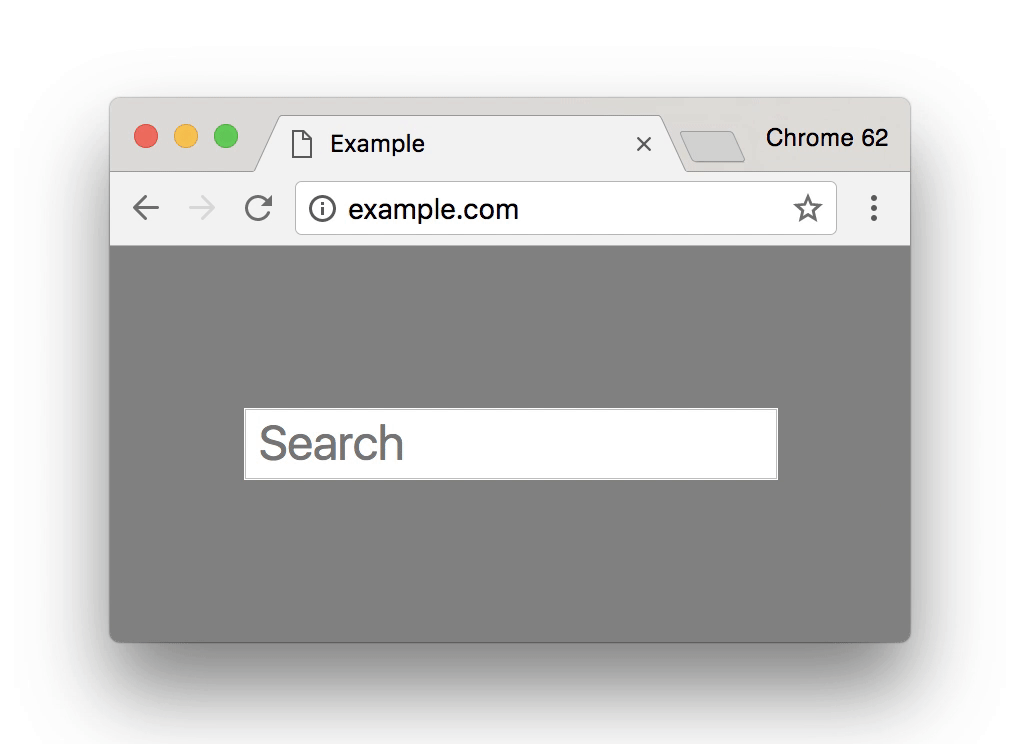SSL Certification
What It Means For Your Business Website

Major Google Chrome Update!

Google announced their browser, Chrome, will now show a warning message next to any URL that doesn't have an SSL certificate for their site. By October 2017, Chrome will display a "Not Secure" message next to the URL when a user attempts to enter data into a field, such as a contact form. In the animation to the left, you can see how the update will perform if a user starts to type in a form field.
In the following months, any website without an SSL Certificate will show a "Not Secure" error message next to your URL.
Act Today and Add an SSL Certificate to Your Site!
We will publish updates as we approach future releases, but don't wait to get started moving to HTTPS!
What is an SSL Certificate?
SSL Certificates provide secure, encrypted communications between a website and an internet browser. SSL stands for Secure Sockets Layer, the protocol which provides the encryption. SSL Certificates are essential to businesses to ensure they are protecting clients & website users data. Example pages include payment pages, online forms, and pages with a contact form.

Why Do I Need an SSL Certificate?
Data transferred in plain-text form or in non-encrypted format can be intercepted, eavesdropped, compromised and stolen. Communication performed online may involve submitting personal information to your business.
Trust and security are what make people confident enough to provide private, sensitive information online. SSL certificates are what make a website trusted. Organizations must use an SSL certificate to secure their site if they expect their visitors to submit confidential information. Apart from building essential trust and security into your website, SSL certificates may also help with SEO efforts.
Key Benefits Include:
- Authority and Trust
- Defend site from malware and attack
- Encrypting the exchanged data to keep it secure
- Data cannot be modified or corrupted during transfer without being detected
Chrome now marks HTTP pages as "Not secure" if they have password or credit card fields. Beginning in October 2017, Chrome will show the "Not secure" warning in two additional situations: when users enter data on an HTTP page, and on all HTTP pages visited in Incognito mode.
Act Today to Secure Your Site!

